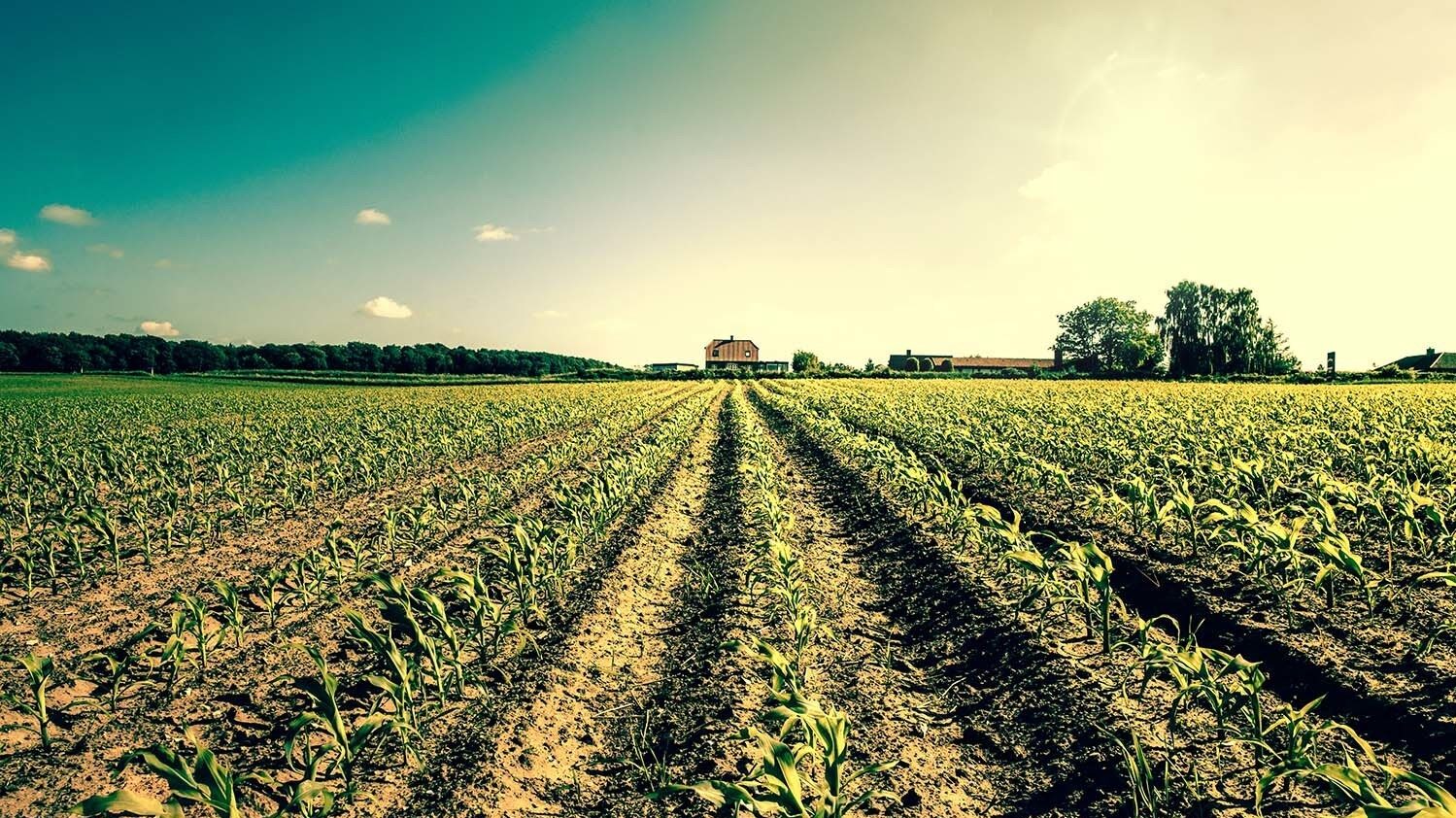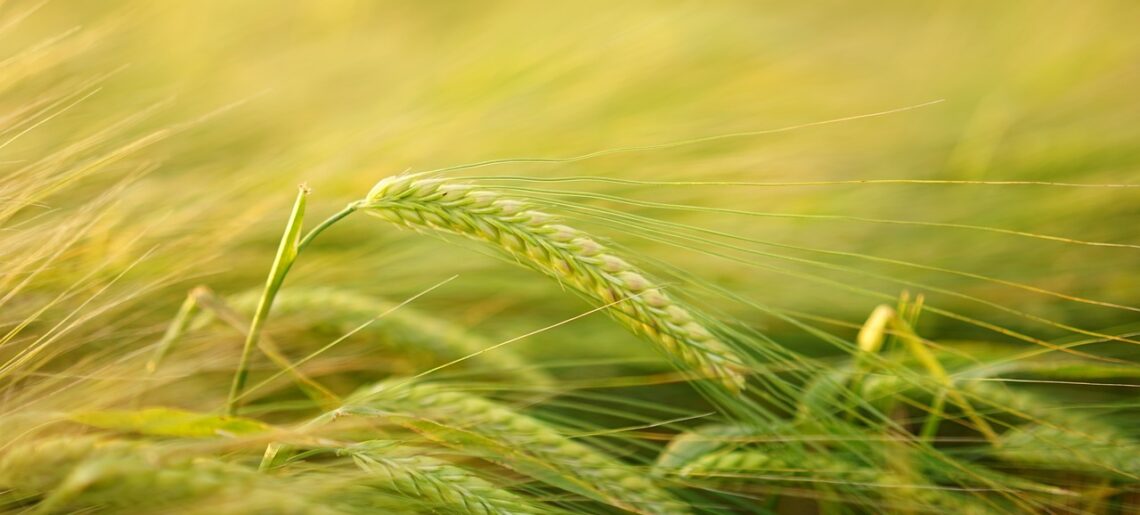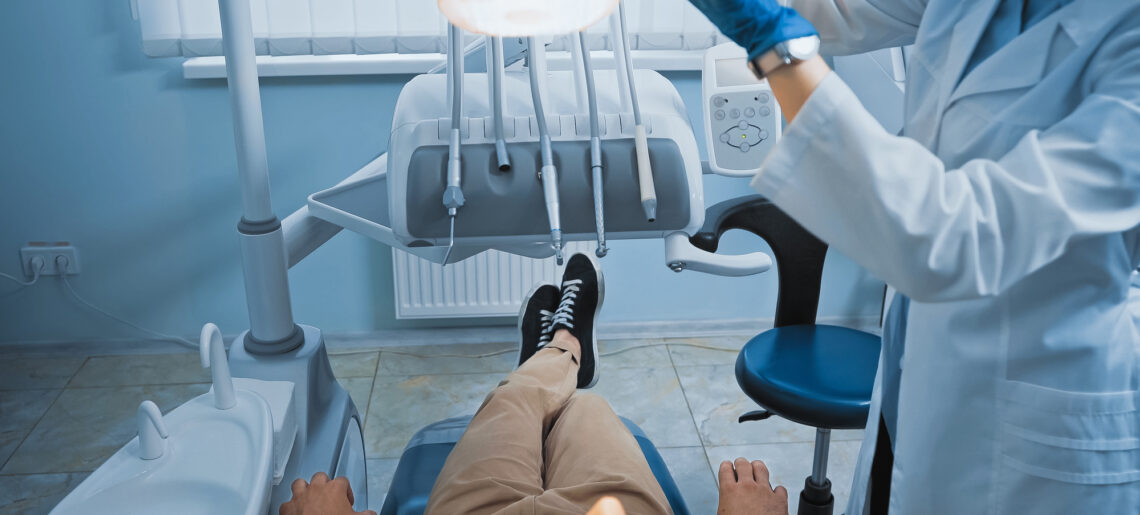Despite the challenges faced by farmers in recent years, agribusiness is still going strong in the regional city of Port Macquarie. In fact, the city’s agricultural sector has been one of the few bright spots in an otherwise struggling economy.
Read on to find out more about the state of agribusiness in Port Macquarie, and what the future holds for the city’s farmers.
The History of Agribusiness in Port Macquarie
Agribusiness has a long and proud history in Port Macquarie. The town was founded as a penal colony in 1821, and agriculture was an important part of the local economy from the very beginning. The first crops grown in the area were maize, wheat, and vegetables, which were all essential to the survival of the colony.
In the early years, agricultural production was focused on feeding the local population. However, as the colony began to grow and more settlers arrived, there was an increasing demand for farm products that could be exported back to England. This led to a boom in the agribusiness sector, and by the mid-19th century, Port Macquarie was one of the largest producers of wheat in Australia.
Today, agribusiness is still an important part of the Port Macquarie economy. The region is known for its high-quality beef and dairy products, as well as its fresh fruits and vegetables. Agribusiness is also a major employer in the area, with many local residents working in the industry.
If you’re interested in learning more about the history of agribusiness in Port Macquarie, be sure to check out
The Different Types of Agribusinesses in Port Macquarie
There are many different types of agribusinesses in Port Macquarie. These businesses range from small family farms to large commercial operations. Here is a look at the different types of agribusinesses in Port Macquarie:
Family Farms: Family farms are the backbone of the agricultural industry in Port Macquarie. These farms are typically small to medium sized operations that are run by family members. Many family farms have been in operation for generations and have a strong connection to the community. Some of these farms are open to the public with Ricardoes Tomatoes & Strawberries gaining iconic status in the region.
Commercial Farms: Commercial farms are larger operations that focus on producing crops or livestock for sale. These farms often use advanced technology and mechanization to increase production. Commercial farms can be found all over Port Macquarie and play a vital role in the local economy.
Aquaculture: Aquaculture is the farming of fish, shellfish, and other aquatic animals. This type of agriculture is growing in popularity due to the increasing demand for seafood. Aquaculture operations can be found along the coast of Port Macquarie and provide fresh seafood to the local community.
Agricultural Services: Agricultural services businesses provide support to the agricultural industry. These businesses can include everything from crop consulting to livestock
The Pros and Cons of Agribusiness in Port Macquarie
Agribusiness is a booming industry in Port Macquarie, with many farmers and food producers finding success in the region. However, there are also some drawbacks to agribusiness that should be considered before setting up shop. Here are some pros and cons of agribusiness in Port Macquarie:
Pros:
– There is a lot of demand for local produce, with many residents and businesses looking to support the agricultural industry.
– The climate is well suited to growing a wide variety of crops and raising livestock.
– There is a strong infrastructure in place to support agribusiness, with good access to markets and transport.
Cons:
– There is competition from larger businesses who can undercut smaller operators on price.
– Regulations around agricultural production can be stringent, making it difficult to meet all the requirements.
– The industry can be seasonal, so businesses need to be prepared for lean times.
Why Agribusiness is Important to the Local Economy
Agriculture is a vital part of the Port Macquarie economy, contributing millions of dollars each year. The city is home to a large number of agribusinesses, including farmers, processors, and retailers.
The agricultural sector provides employment for many residents, and the products produced here are exported all over the world. Agribusinesses are an important part of the city’s economy, and they play a vital role in ensuring that Port Macquarie remains a prosperous place to live. In fact, the industry is just as important as having doctors and dentists in your area.
The Future of Agribusiness in Port Macquarie
As the world becomes increasingly urbanized, the role of agribusinesses in providing fresh, healthy food becomes more important than ever. And Port Macquarie is poised to become a major player in this industry.
The region has a long history of agriculture, dating back to the early days of European settlement. Today, there are more than 1,200 farms in the Port Macquarie area, producing a wide variety of crops and livestock.
And the future looks bright for the sector. The NSW government has earmarked Port Macquarie as a key growth area for agriculture, and is investing heavily in infrastructure and research.
This is good news for the many businesses that make up the Port Macquarie agribusiness sector. From farmers to food processors, there are plenty of opportunities for businesses to grow and thrive in this vibrant industry.
Conclusion
Port Macquarie is a thriving agribusiness hub, and it’s only getting bigger and better. With a strong focus on supporting local growers and producers, Port Macquarie is the perfect place to do business in the agricultural sector. It’s one of the key regions of the northern rivers and mid north coast. If you’re looking for an opportunity to get involved in agribusiness, whether as a grower, producer, or retailer, Port Macquarie is the place to be.



